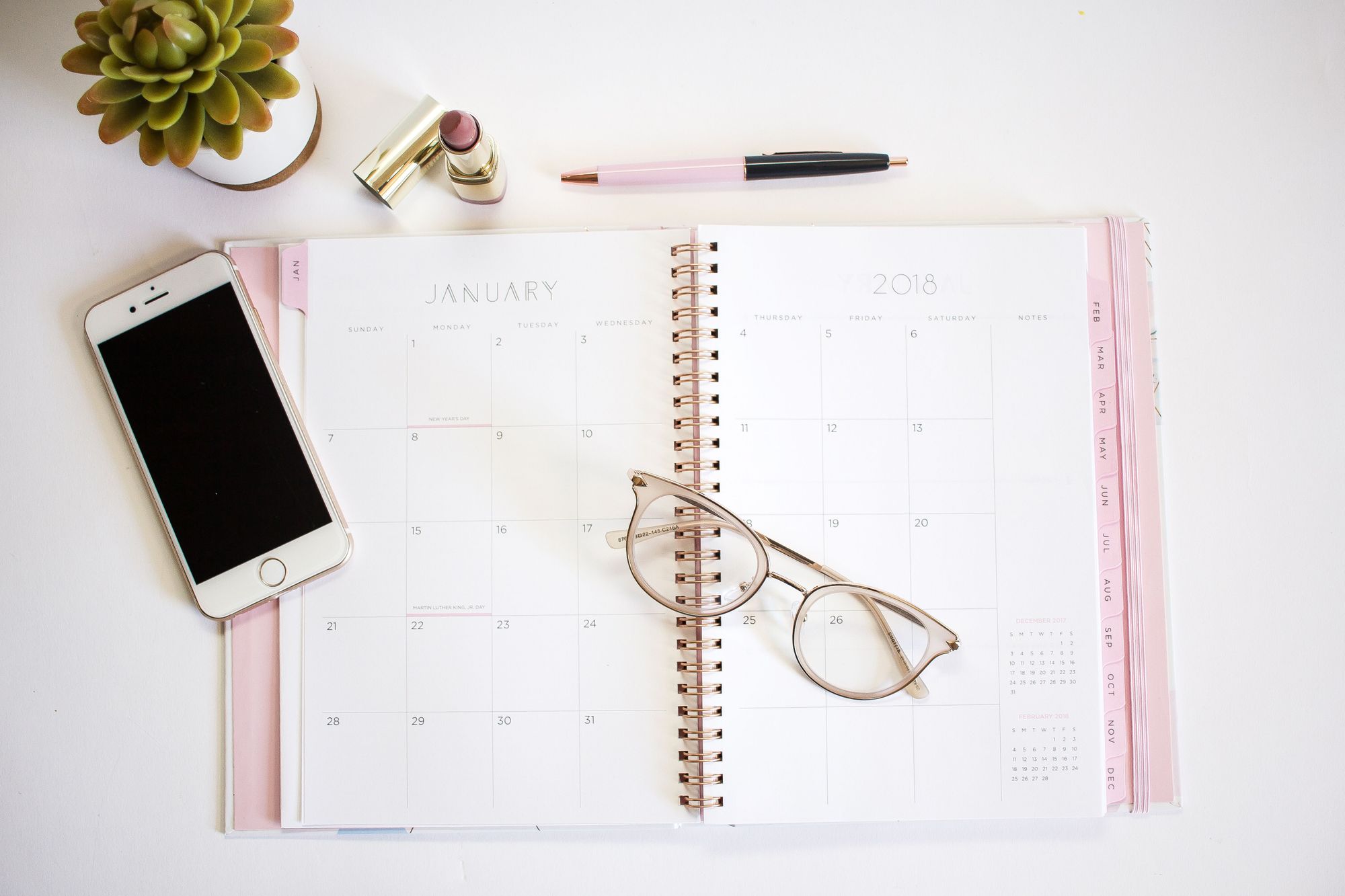Ten months ago, I walked away from a 10-year career as a high school English teacher to jump full-stream into entrepreneurship. As a writer and non-profit founder, I wasn't exactly sure what "jumping into entrepreneurship" meant. Still, I floundered along, finding ways to schedule my day, optimize productivity, and create income streams.
Fast forward to our current social distancing era, I now realize that my entrepreneurial struggles made me a veteran at this "work from home" thing. For all the professionals newly adjusting to working from the comfort of your home, know that there are ways to navigate this space without overworking, struggling, or losing your mind.

Set a morning routine
Morning rituals vary from person to person, but successful people have consistent routines (check out my article on CEO routines for insight). Working from home means altering your routine to cater to your new norm. Whether you work for yourself or someone else, creating "me time" every morning is crucial. Unfortunately, that means you can't just roll over and log in to the morning meeting.
When commuting to work, most people mood-set by listening to something. This time is still necessary. Build a routine that includes mood-setting (silence, light music or podcast), fuel (mental, physical and spiritual), and reflection (journaling or meditating). Starting the day from a grounded place allows you to enter work with a clear mind.
Bonus tip: Your wake-up time depends on when you need to get started. Give yourself at least an hour before you have to do anything. Personally, I don't set alarms because I believe in waking up naturally, but I have limits around how late I sleep, rarely past 8:00am. The key is to have time to fuel my mind, body and spirit without having to rush.
Create an environment
Where you work is equally important as preppin for work. Occasionally it's understandable to work from bed, but usually, the bedroom environment creates a relaxed and lazy feeling. It's best to find or create a productivity space. This is a space with great (preferably natural) lighting and upright seating that is not facing any distractions. Avoid facing the kitchen or working in a messy room, so your mind doesn't drift to "all the things" you need to get done.
In the house, getting out of bed and avoiding distractions might be two of the most difficult tasks, but both are necessary for maximum productivity. Washing clothes and everything else can wait, and if possible, leave your phone on "Do not Disturb" and in another room.

Make a plan
Every trip has a destination, and our workdays are no different. Make a roadmap by listing the items you want to get done (both personally and professionally). A list allows you to prioritize the pressing matters and track your progress. It also feels good to cross things off!
Bonus tip: I like to start with the most urgent or difficult matters. If I get stuck or overwhelmed, I sometimes handle less pressing matters (like cleaning out my inbox) during a brain break.
Take breaks
I'm no scientist, but I find I'm most productive when I break every one to two hours. Some breaks are short—stretching, grabbing water or checking text messages—while others are longer—making breakfast, watching a show, etc. You can also use a break to tackle one house item (wash a load of clothes).
Track your time
Self-discipline doesn't come naturally to everyone, so find ways to trick yourself into working and staying focused. When I'm struggling to get something done (which is evident by my avoidance of a task) I talk to myself out loud saying, "Okay Jasmine, 20 minutes." I then set a timer, put my phone away, and work until the timer goes off. Usually, this puts me in a zone, so I end up working well past the timer.

Tracking is also helpful to keep you from overworking. To prevent this, set time limits for each task on your plan. Be realistic. I used to give myself an hour to write an article, knowing that the research, social media prep, editing and formatting took me at least two hours. When you track time, you give yourself the grace to resume a task the next day. If you've been on the same item for three hours, you may need to move on to something else. As long as you aren't facing a deadline, it's okay to save work for tomorrow.
Let us know how these tips worked for you and share some of your own!

